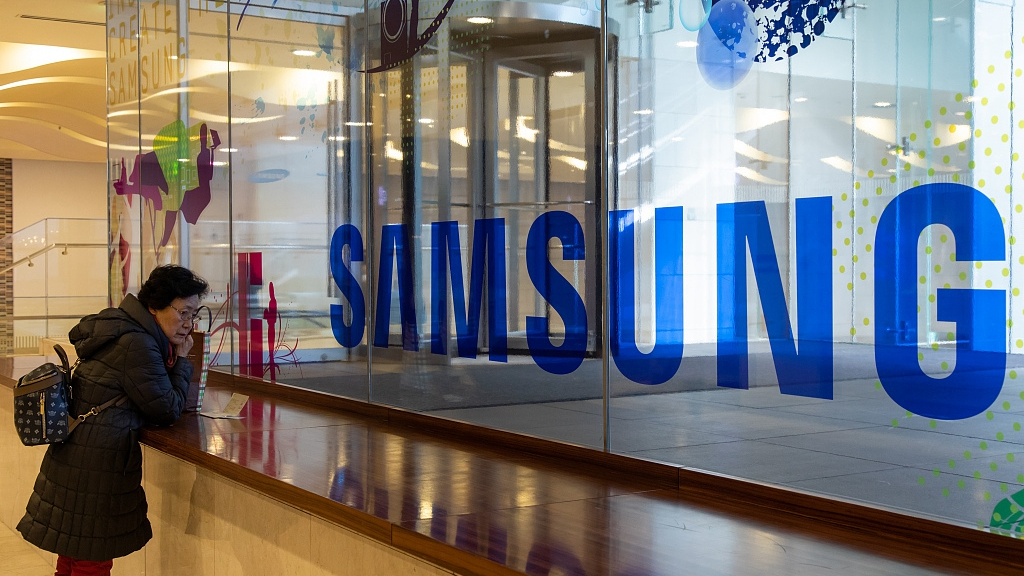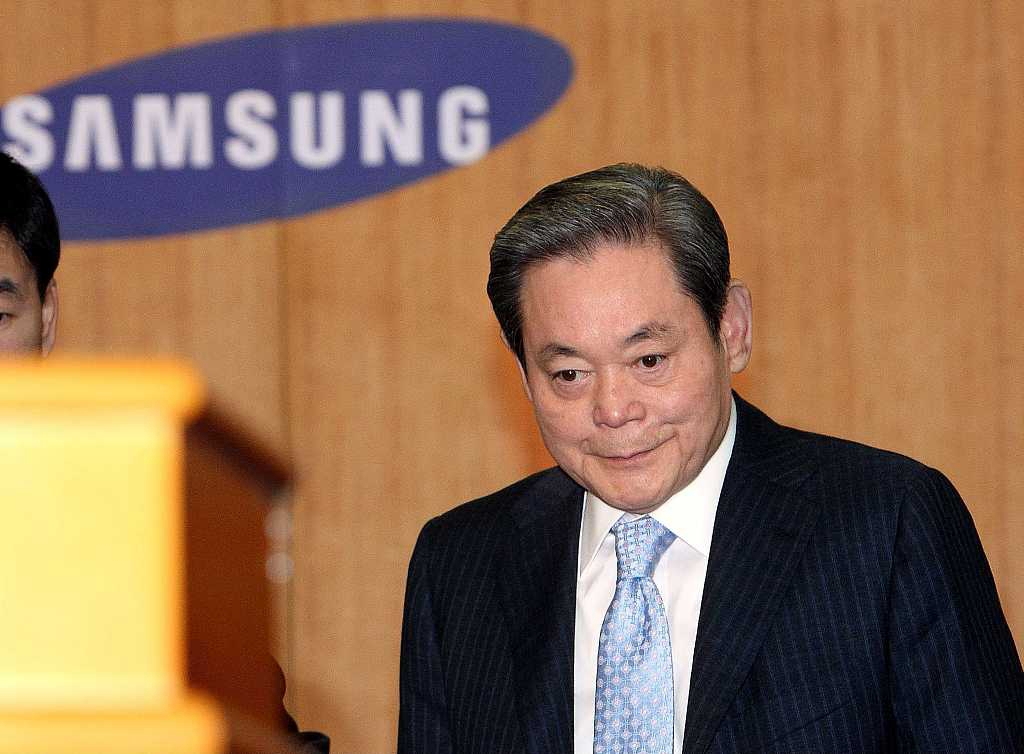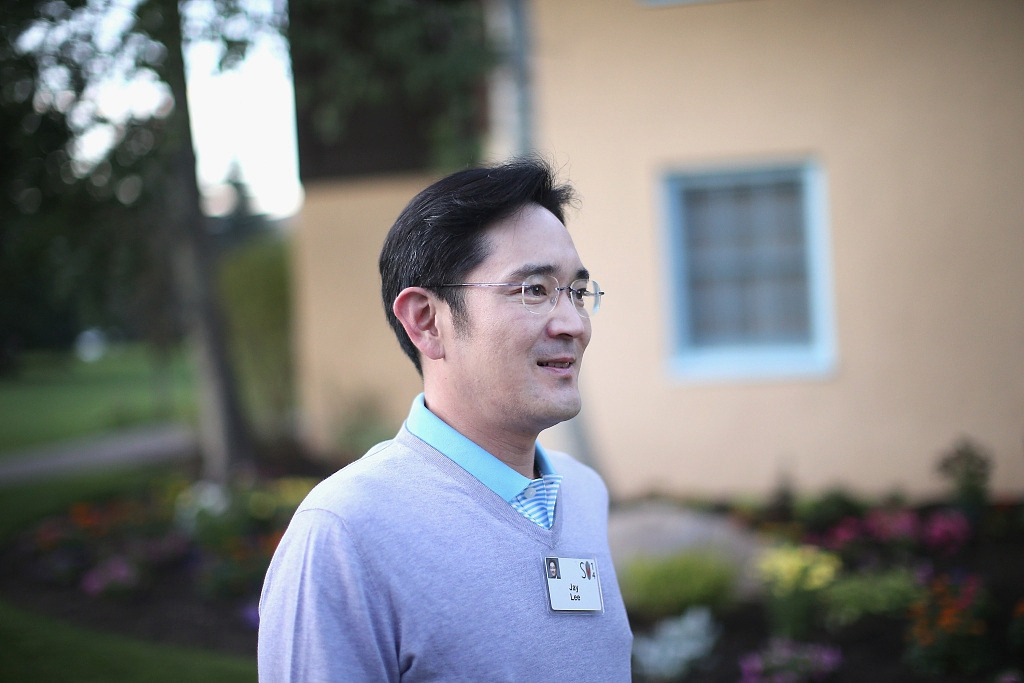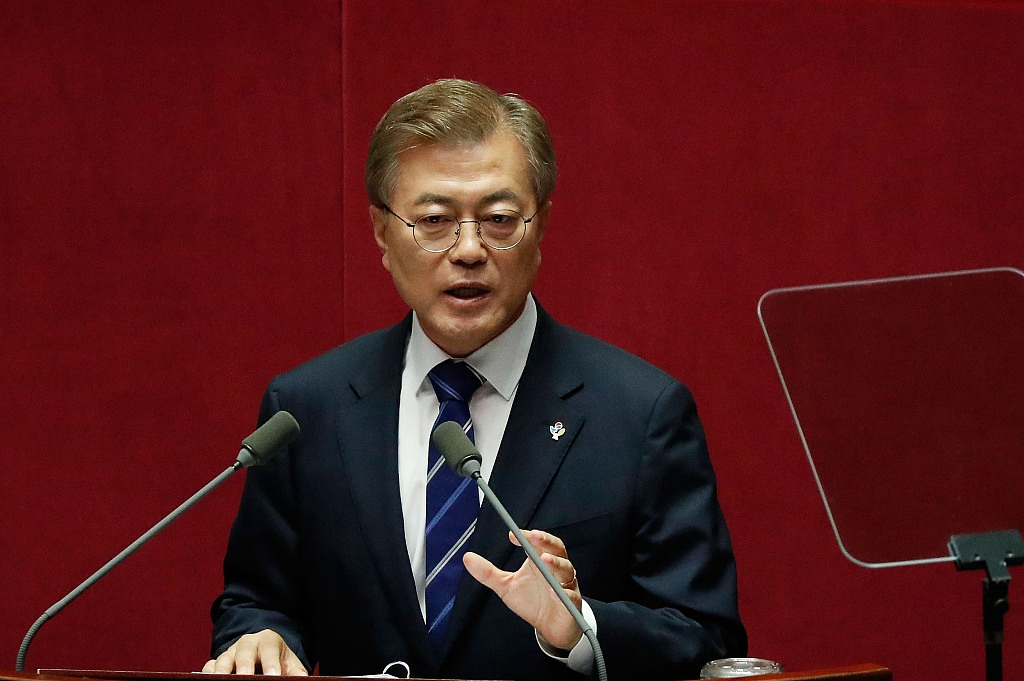

At some point in the next few years, the family behind giant conglomerate Samsung will be expected to pay at least seven billion U.S. dollars to the S. Korean state.
The huge amount, worth more than the entire GDP of countries like Monaco or Liechtenstein, is not a fine or a punishment levied against the company.
It's the estate tax that will be due when elderly and frail company chairman Lee Kun-hee eventually passes away.

Samsung Chairman Lee Kun-hee, pictured in 2008. /VCG Photo
Aged 77 and incapacitated after a heart attack in 2014, Lee is worth an estimated 15.5 billion U.S. dollars, according to Forbes.
His death will throw the country's inheritance tax laws into the spotlight, and spark further scrutiny of the changing role of family-run "chaebol" conglomerates in the country's economy.
S. Korea applies an estate tax of up to 50 percent on the assets of the deceased, the second-highest rate in the world behind Japan (at 55 percent). Among OECD countries, the average tax on inheritance is 26.3 percent.
If the assets being inherited include the controlling stake in a company, S. Korea's estate tax increases further still, to 65 percent.
Most of the ageing heads of chaebols hold the bulk of their assets in the form of company shares. If their heirs are unable to pay the estate tax, these shares could go to other stakeholders, weakening or even taking managerial control away from the founders' families.
While there are loopholes to soften the blow of S. Korea's estate tax, chaebols are under greater public scrutiny than ever before, following a series of corruption scandals.
Conglomerates like Samsung in the past could spin the firm off into smaller companies and set up cross-shareholding systems, enabling the Lee family to maintain influence across the Samsung brand, but keeping individual holdings low enough to lessen the tax burden.
But Samsung, a chaebol which consists of at least 60 companies, has come under pressure over its efforts to keep power in the hands of the Lee family. Chairman Lee Kun-hee was convicted in 2009 of evading taxes under fake or borrowed names. His son, Jay Y. Lee was imprisoned in 2018 on corruption charges in connection with the Park Guen-hye scandal.

Samsung heir Jay Y. Lee was released from jail in February 2018, after serving a sentence for corruption. /VCG Photo
Public anger, as well as pressure on chaebols from current President Moon Jae-in, means any efforts by Lee's children to avoid estate tax will be closely watched. Samsung has said in a statement that Lee is currently in good health, and the family will pay all the taxes it owes in full.
Moon has promised to take action against chaebols by stopping cross-shareholding and inter-conglomerate deals, while also providing more support to small and medium enterprises. However, reform efforts have stalled in recent months, amid falling exports and growing concerns over unemployment.
But despite the pressure, Samsung's heirs will have looked on with concern at the hefty bills paid by the heirs of late LG Group chairman Koo Bon-min and Hanjin Group chairman Cho Yang-ho, who passed away in May 2018 and April this year respectively.

Moon Jae-in vowed to reform chaebols after becoming president in 2017. /VCG Photo
Koo's heirs found themselves liable for taxes worth at least 900 billion won (829 million U.S. dollars), while Cho's children were left facing an estate tax of 170 billion won (148 million U.S. dollars).
While estate tax could play some role in further diminishing the power of the chaebol families, S. Korea's high rates arguably have a negative effect on the economy, by forcing business owners to sell off shares or even their entire companies.
According to The Korea Herald, as many as 400 businesses may have been put up for sale in 2018 because of the estate tax laws. The inheritance laws also push many firms and wealthy individuals to take their money out of the S. Korean economy altogether, parking it abroad in low tax havens.

Copyright © 2018 CGTN. Beijing ICP prepared NO.16065310-3
Copyright © 2018 CGTN. Beijing ICP prepared NO.16065310-3